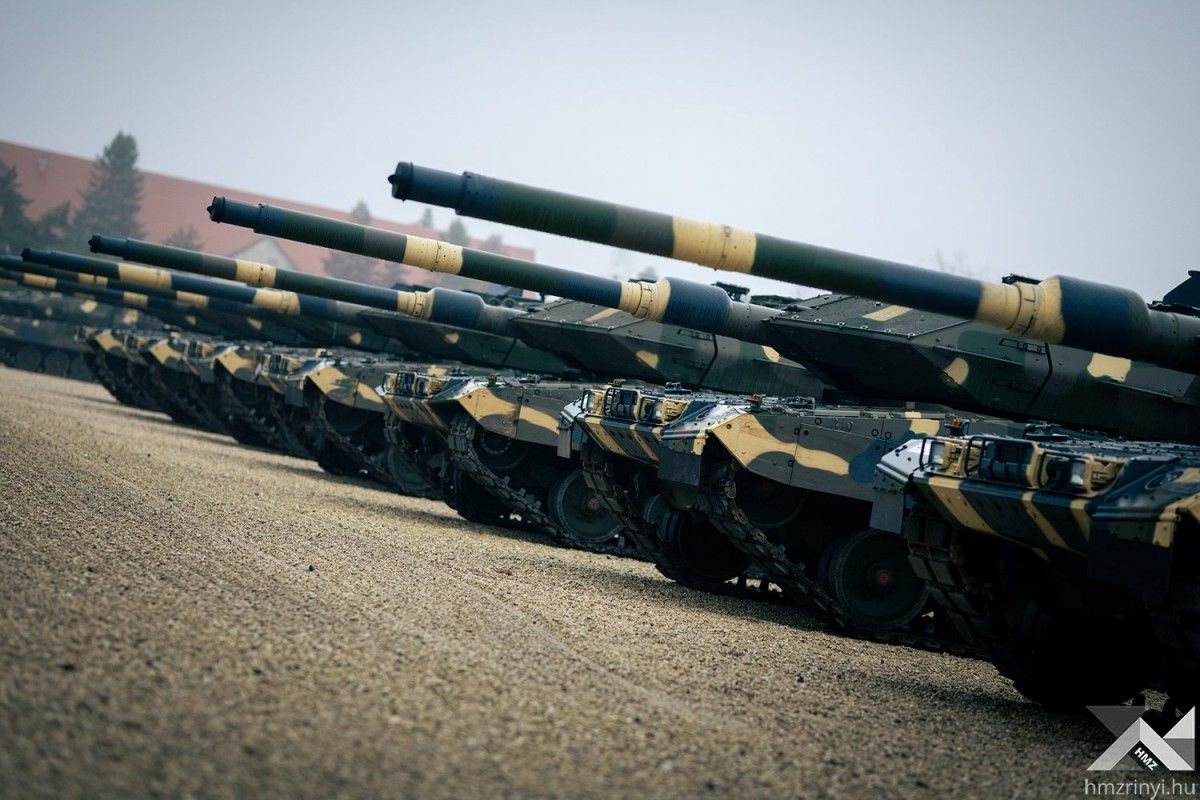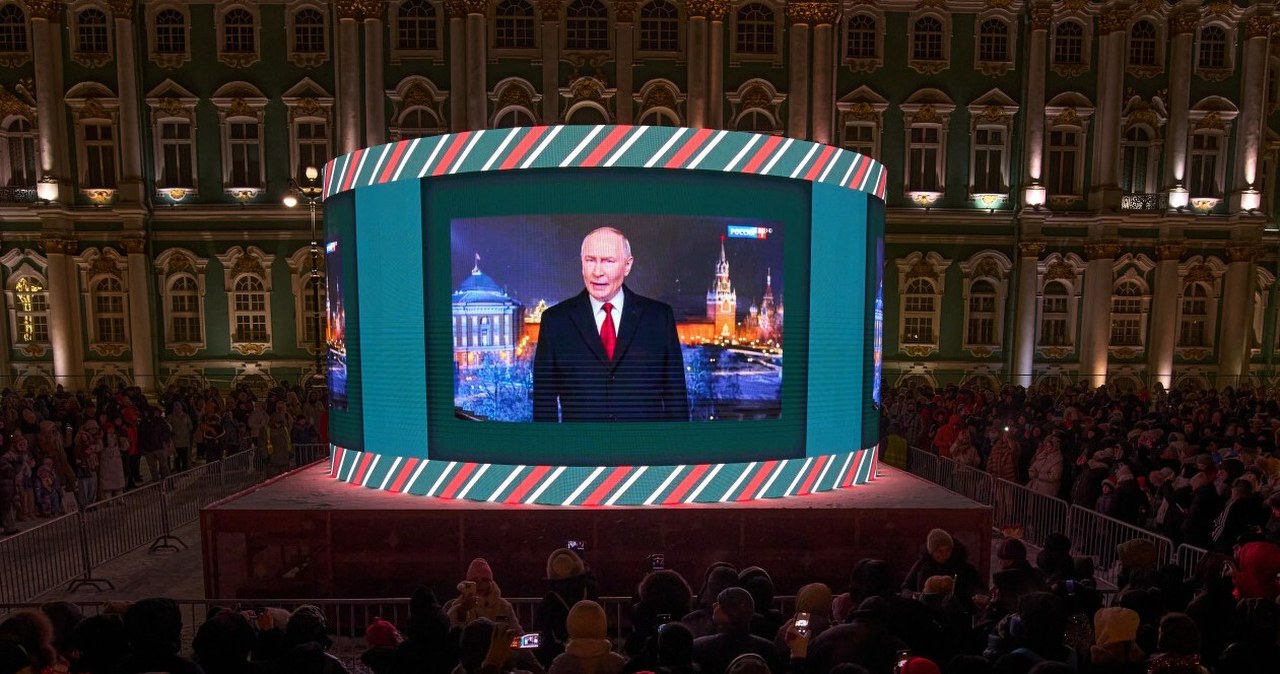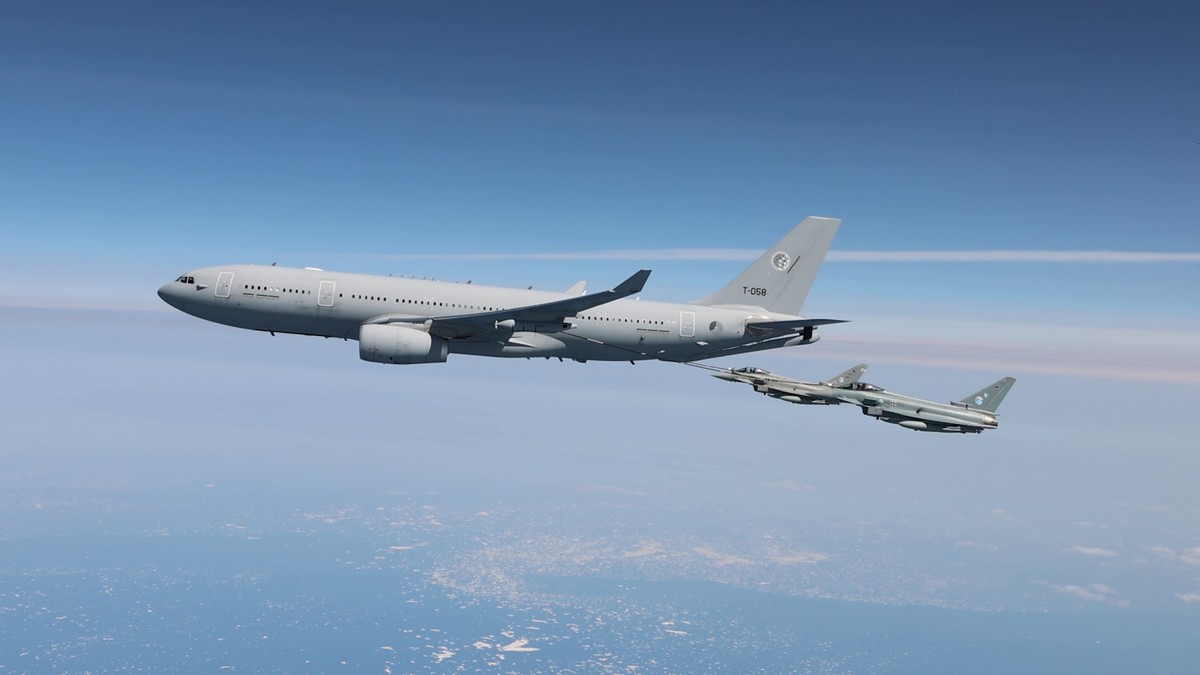В свете растущей угрозы со стороны России литовские политические лидеры объявленный Они намерены резко увеличить расходы на национальную оборону, чтобы достичь своих военных целей к 2030 году.
Вместо 2040 года. Однако, поскольку это будет включать в себя литовское правительство.
Литва, вероятно, нарушит фискальную политику ЕС. Несмотря на то, что важность финансовой ответственности не может быть занижена, потребность стран на восточном фронте Европы в защите своих границ является гораздо более насущной. Европейская комиссия должна принять меры, чтобы обеспечить государствам-членам, находящимся на передовой линии, гибкость в защите.
Между Калининградским эксклавом России и Белоруссией, Литвой и Балтийским регионом
Братья Латвия и Эстония постоянно чувствуют надвигающуюся угрозу агрессии Кремля.
Для них эта угроза экзистенциальна. Поэтому неудивительно, что они отдают приоритет расходам на оборону. Президент Литвы Науседа заявленный Его страна должна потратить «все, что нужно» на формирование военного подразделения к 2030 году. Однако при нынешних темпах полная мощность будет достигнута не раньше 2036 года.
Чтобы ускорить этот процесс, Литве необходимо будет ежегодно тратить на оборону от 5 до 5,5% своего ВВП. Проблема лежит в ЕС Пакт стабильности и роста Это набор экономических и фискальных требований, которым должны соответствовать государства-члены ЕС для обеспечения ответственного бюджетирования.
ПСР диктует, что отношение государственного долга к ВВП должно оставаться ниже 60%, а отношение дефицита бюджета к ВВП - ниже трех процентов. Чтобы достичь желаемых расходов на оборону, Литва, безусловно, должна занять значительные суммы денег на внутреннем и международном рынках, неизбежно нарушая фискальные правила ЕС и, возможно, становясь объектом санкций. The
SGP нуждается в оговорке о расходах на оборону, чтобы освободить такие страны, как Литва, от их нарушения.
На фоне драматических событий в войне на Украине, а также переизбрания Дональда Трампа крайне важно, чтобы члены ЕС и НАТО увеличили расходы на оборону. Для этого ЕС должен пересмотреть свою фискальную политику. Непростительно, что страны, сталкивающиеся с наиболее значительными угрозами безопасности и проявляющие наибольшую политическую волю к их устранению, сталкиваются с искусственными барьерами со стороны Брюсселя.
После вторжения России на Украину в 2022 году Европейское оборонное агентство (EDA) сообщать Рекордно высокие расходы на оборону среди стран ЕС. В 2024 году большинство из них уже достигли или приближаются к традиционной норме в 2% ВВП. Как премьер-министр Эстонии
Министр Михаль выделенныйЭтой нормы уже недостаточно. Вместо этого 2,5 процента должны быть эталоном. К сожалению, это невозможно для большинства государств-членов, независимо от их
политической воли. Как показал общеевропейский ответ на российское вторжение, обязательство не является самой большой проблемой. Финансовые ограничения есть.
Будет ли он строить пограничная линия обороны или плавание конституционные ограничения,
Финансовые ограничения лежат в основе большинства проблем, связанных с обороной. По этой причине ЕС должен предоставить своим государствам-членам дополнительный стимул и необходимую финансовую гибкость для укрепления их оборонного потенциала. Для достижения этой цели Европейская комиссия должна внедрить положение о расходах на оборону в рамках Пакта о стабильности и росте, которое позволит временно освободить дефицит от расходов, связанных с обороной.
Этот пункт будет учитывать и поддерживать литовцев, которые в качестве первой линии обороны защищают общеевропейские интересы, обеспечивая стабильность своих границ в тяжелые времена. Кроме того, это было бы желанным стимулом для других государств-членов развивать чувство срочности и делать эти давно назревшие инвестиции в оборонный сектор.
Естественно, освобождение должно иметь четкие пределы и условия для обеспечения финансовой стабильности и ответственности, такие как ограничение суммы освобождения и определение конкретных сроков.
Однако для того, чтобы эта мера была эффективной, следует также избегать чрезмерной жесткости. В конце концов, мы не должны упускать из виду то, что важнее всего: свободную, безопасную и безопасную Европу.
Джаспер Дитц Сотрудник по политике с Young Voices и выпускник Вильнюсского университета, специализирующийся на восточноевропейских и российских делах.
Пожалуйста, поддержите Новая Восточная Европа краудфандинговая кампания. Пожертвуйте, нажав на кнопку ниже.



![Czy Polska potrzebuje taniego transportera opancerzonego? [ANALIZA]](https://cdn.defence24.pl/2025/03/30/1200xpx/tIfle8EVTAOUlnsegshOPMhC5RLwR5yZG3Ld8X45.lvfu.jpg)










